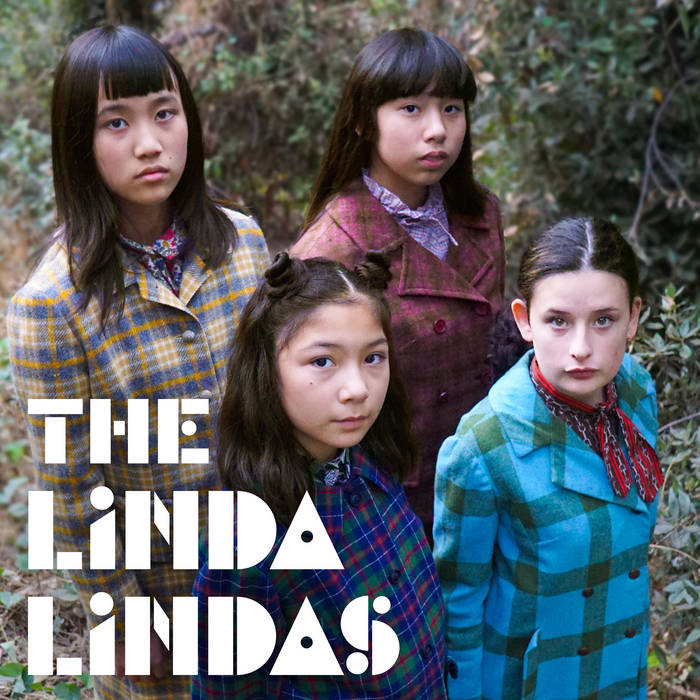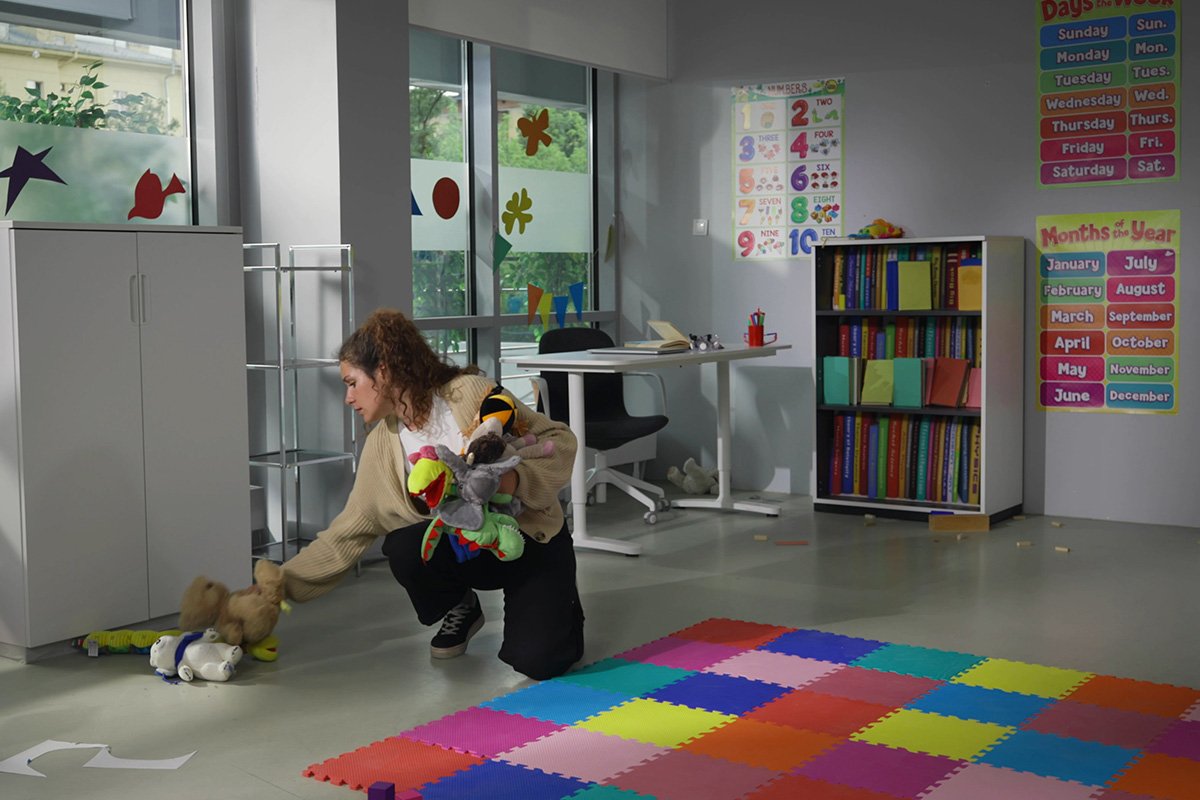
My daughter Saphia used to always tell me she had a song “stuck in her head.” Well, ever since I heard the Linda Lindas’ “Racist, Sexist Boy” song, it’s been stuck in my head. Apparently, I’m not alone. A clip of a recent performance at the Los Angeles Public Library went viral.
Don’t mess with The Linda Lindas.
Watch the full concert: https://t.co/Usv7HJ1lLR pic.twitter.com/pKZ5TKDdiA
— L.A. Public Library (@LAPublicLibrary) May 20, 2021
[Chorus]
Racist, sexist boy
You are a racist, sexist boy
And to have really take the joy
Fake dance, shoot and destroy
You are a racist, sexist boy
You say mean stuff and
You close your mind to things you don’t like
You turn away from what you don’t wanna see
[Chorus]
Racist, sexist boy
You are a racist, sexist boy
And you have racist, sexist joys
We rebuild what you destroy
You are a racist, sexist boy
Sign up for our free newsletters
Subscribe to NPQ's newsletters to have our top stories delivered directly to your inbox.
By signing up, you agree to our privacy policy and terms of use, and to receive messages from NPQ and our partners.
You say mean stuff and
You close your mind to things you don’t like
You turn away from what you don’t wanna hear
[Bridge]
Poser
Blockhead
Riffraff
Jerkface
[Outro]
Racist, sexist boy
You are a racist, sexist boy
The teen/tween Asian and Latinx band is comprised of Mila, Lucia, Eloise, and Bela—two sisters, a cousin, and their close friend. The song is inspired by a COVID-inspired racist experience Mila had a year ago in fourth grade, her first, when a boy told her his father told him to stay away from Chinese people.
The band has been around for three years, and their songs often have a social justice message but in a hip way, if you can imagine that for such a young group. But this song—referred to as an anti-hate anthem—catapulted them into the mainstream. It seems we needed a song like this.
When I heard it, I wondered how kids this young could have such a strong voice and message. As I read about them, I learned that their parents have something to do with it. As the New York Times article on them—one of many—points out, “A couple of the members’ parents are culture luminaries.”
One is Martin Wong, a founder of Giant Robot, a bimonthly magazine of Asian and Asian American popular and alternative culture, one of the first to feature Asian indie and punk rock bands. The other is Carlos de la Garza, a music mixer and engineer of alternative and indie music.
The girls remind me of my daughter, who just graduated from college with dual degrees in film and theater. She calls herself a liberatory storyteller. This is the next generation, nurtured in our homes.
In a recent Edge Leadership clip from a Policy for Liberation event, host Dr. Nicholas Harvey interviewed Dr. Dorothy Yancey, a civil rights leader and his former teacher. As she recounts her experience with the luminaries of that movement, she tells us that the people who make history are the people around you. And the first step is changing minds.
Perhaps the wonder I felt was in seeing the next generation imbibe the change we have sought and take it to the next level by turning it into liberatory culture.












